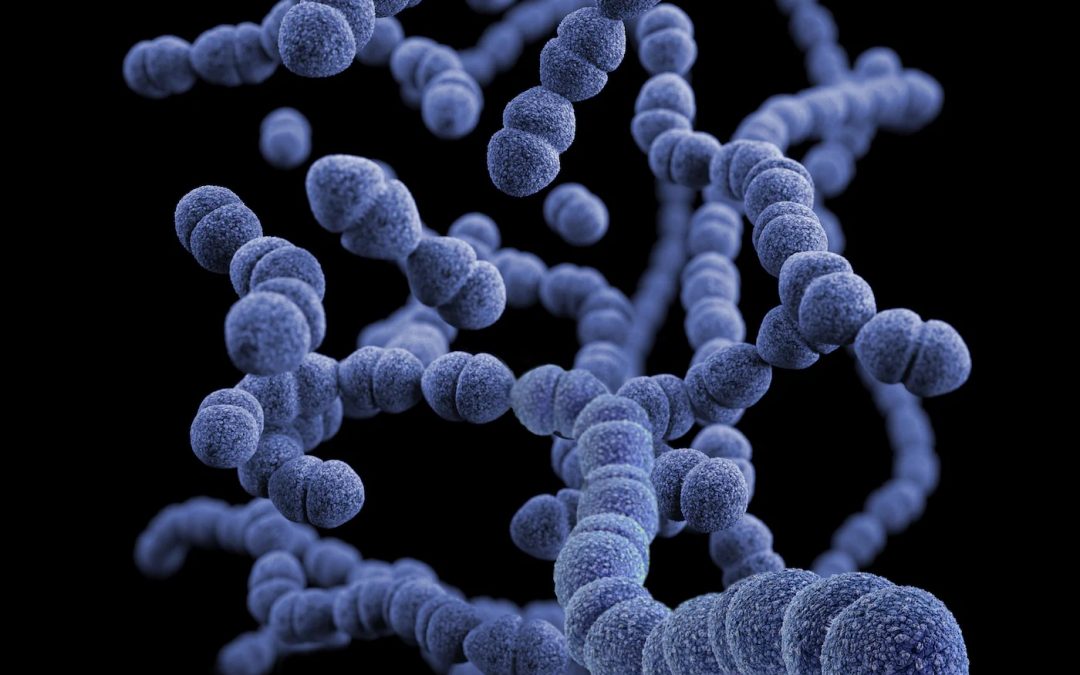The gut-brain connection, also known as the gut-brain axis, refers to the bidirectional communication and interaction between the gastrointestinal system (the gut) and the central nervous system (the brain). This connection involves multiple pathways, including neural, hormonal, and immunological signals.
The gut and the brain are closely linked through the vagus nerve, which is the longest cranial nerve that connects the brainstem to various organs in the abdomen, including the gut. This nerve allows signals and information to be transmitted between the gut and the brain.
The gut is home to a vast number of bacteria and other microorganisms collectively known as the gut microbiota. These microbes play a crucial role in maintaining gut health and also influence brain function and behavior through the gut-brain axis. The gut microbiota can produce various neuroactive compounds that can affect mood, emotions, and cognition.
Conversely, the brain can also influence gut function and the composition of the gut microbiota through the release of stress hormones and other neurotransmitters. Stress and emotional factors can alter gut motility, sensitivity, and even the balance of gut bacteria.
The gut-brain connection is believed to play a significant role in various physiological and psychological processes, including stress response, mood regulation, and even certain neurological conditions like irritable bowel syndrome (IBS) and some mental health disorders.
Research in this area is still ongoing, and the gut-brain connection is a complex and fascinating area of study that has implications for understanding both gastrointestinal and neurological health. Maintaining a healthy gut through a balanced diet, exercise, and stress management may have positive effects on brain function and overall well-being.
- Drinking 3 litres of water per day, to support elimination of toxins via the bowel and kidneys.
- Eat a diet rich in fibre to feed the healthy beneficial strains of bacteria naturally found within the digestive tract – green leafy vegetables, high starch vegetables, wholegrain, fermented foods such as sourdough, yoghurt, kefir, sauerkraut.
- Reduce and limit stress, easier said than done! Practice meditation, slow walks, getting your shoes off at the beach, walk in the dirt to ground you and your body. Get a massage or schedule more self care time for YOU.
- Limit the intake of processed foods such as packaged chips, sweets, cakes and biscuits.
- Rest and repair, our body requires sleep for cellular repair and recovery. This includes our digestive health and neurotransmitter function.
- See your Naturopath to come up with a gut healing plan to recolonise the intestines, manage stress and anxiety to help feel your best.
Your Naturopath ~ Leisa





